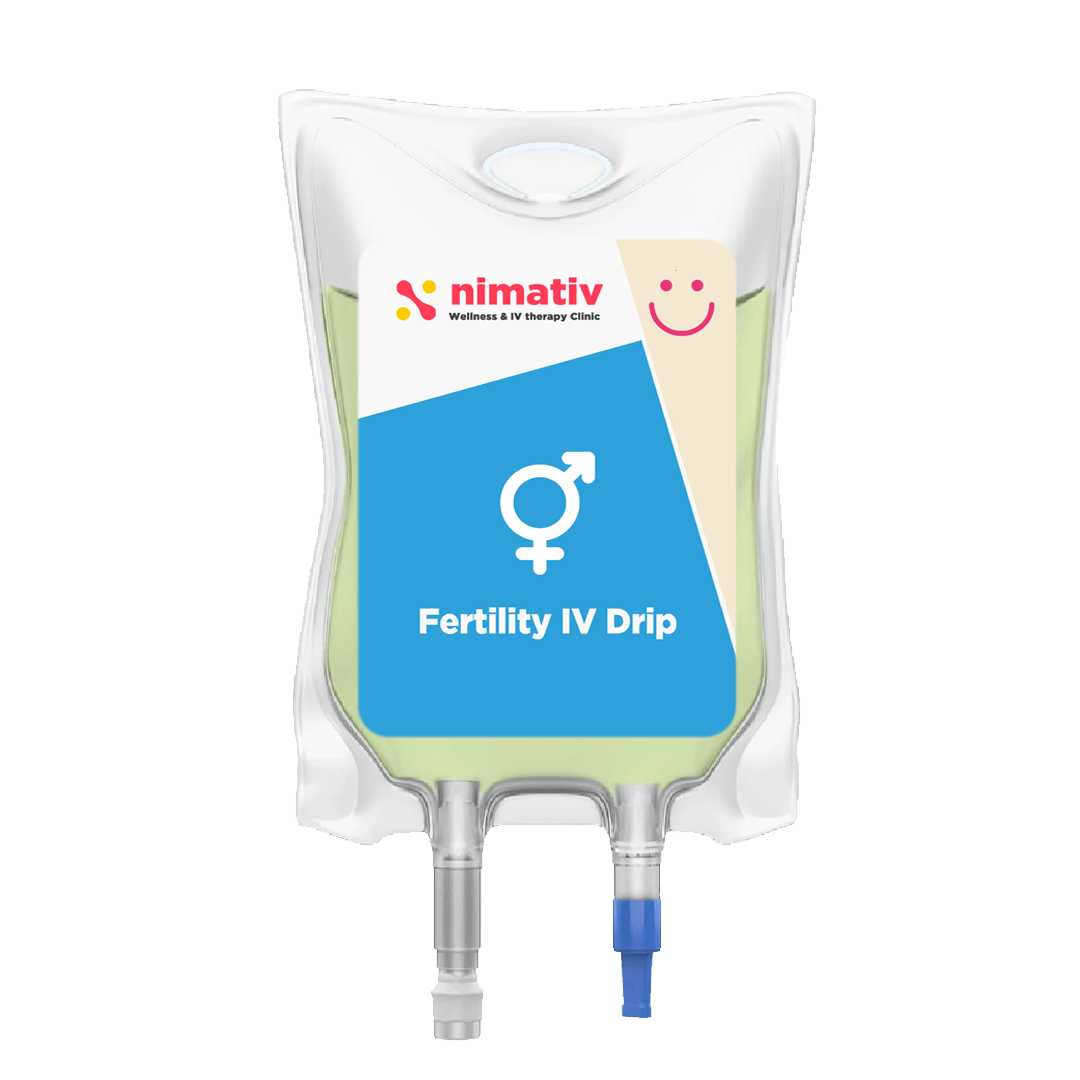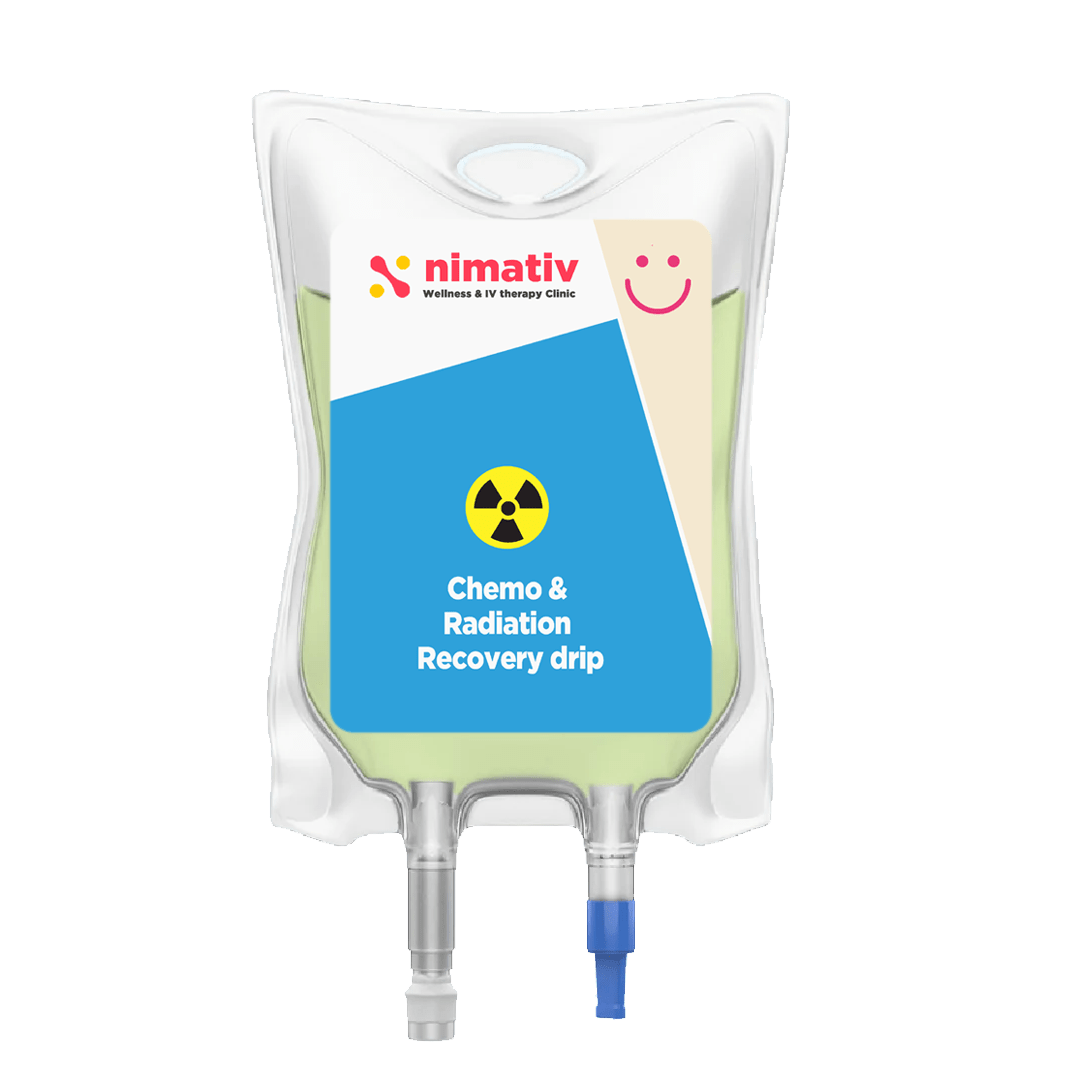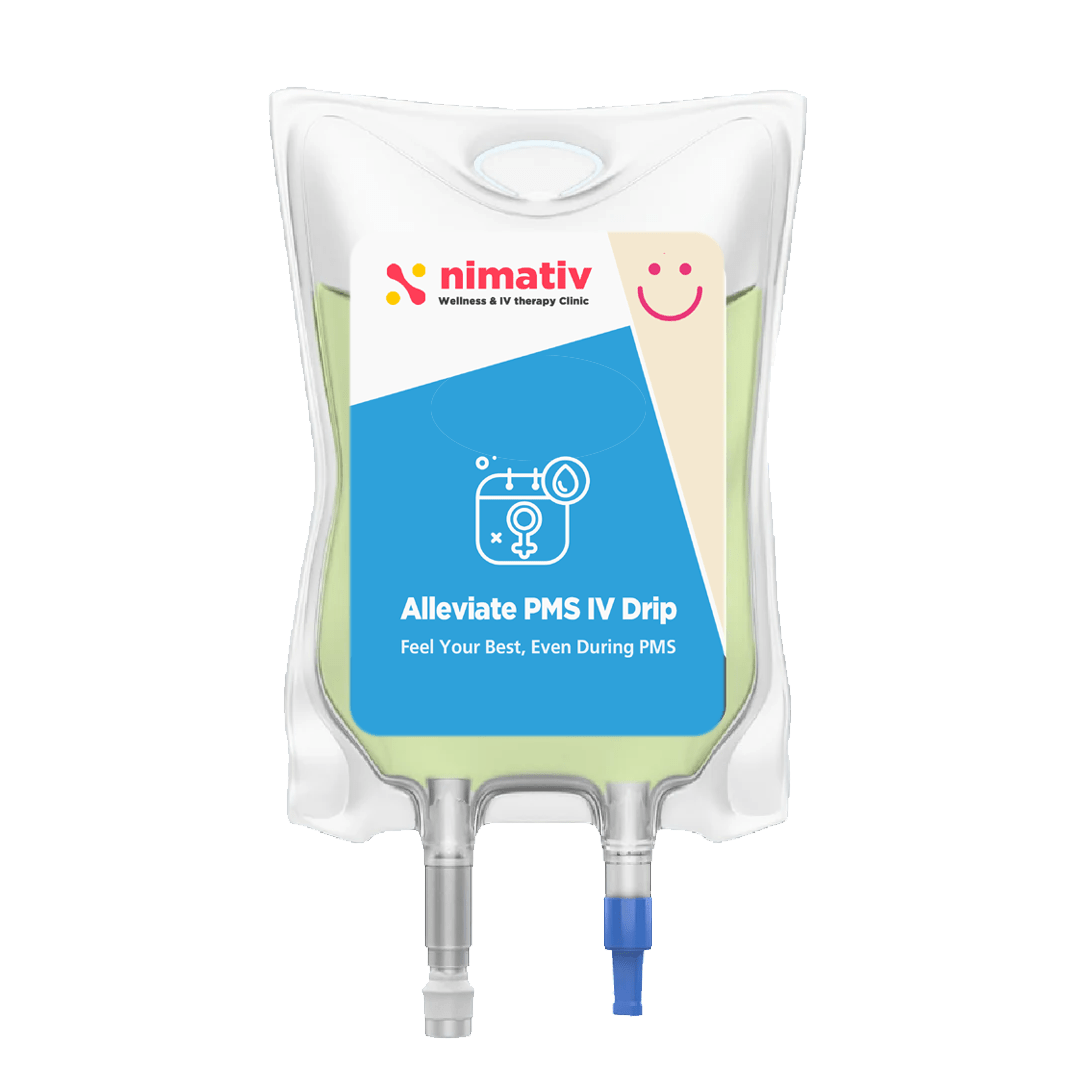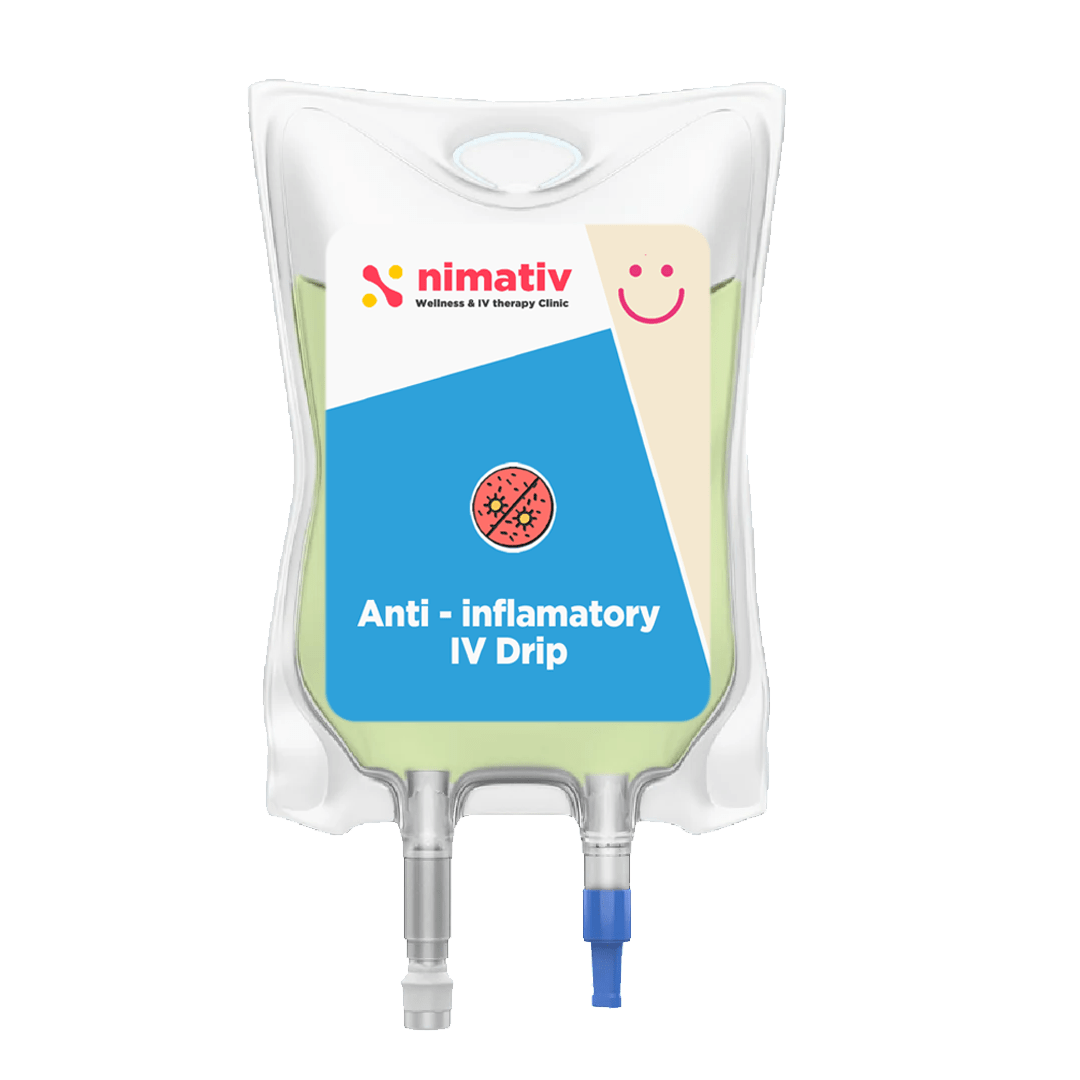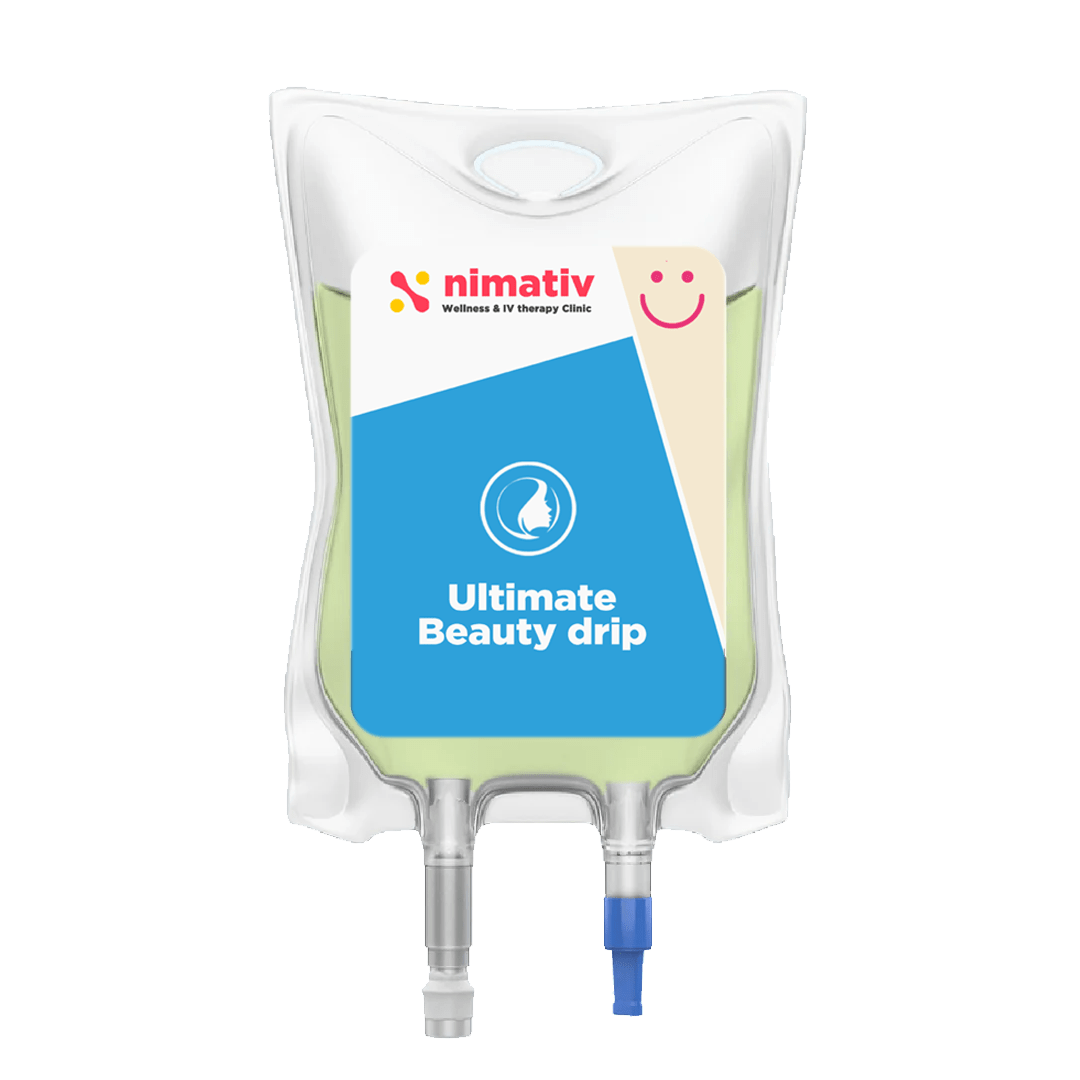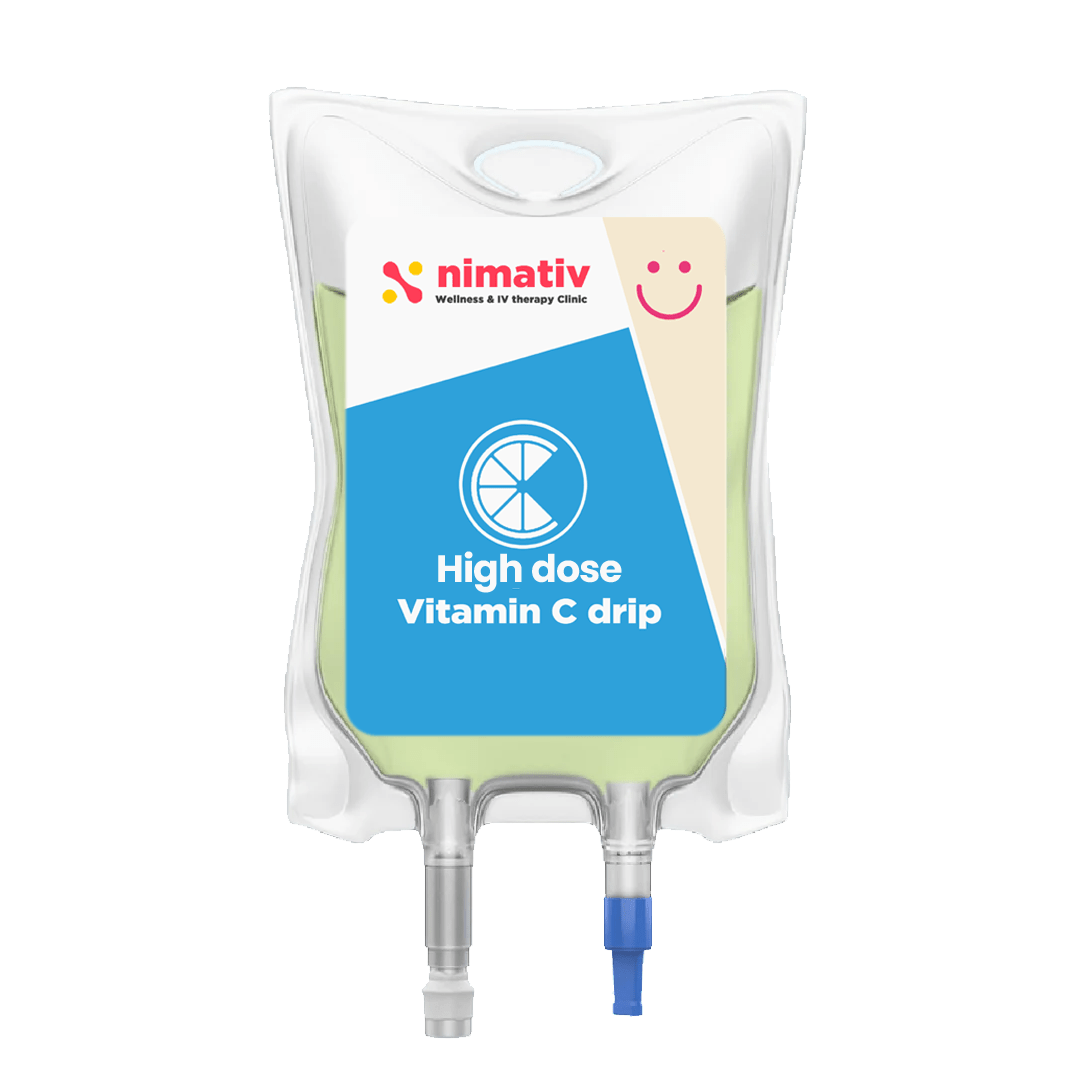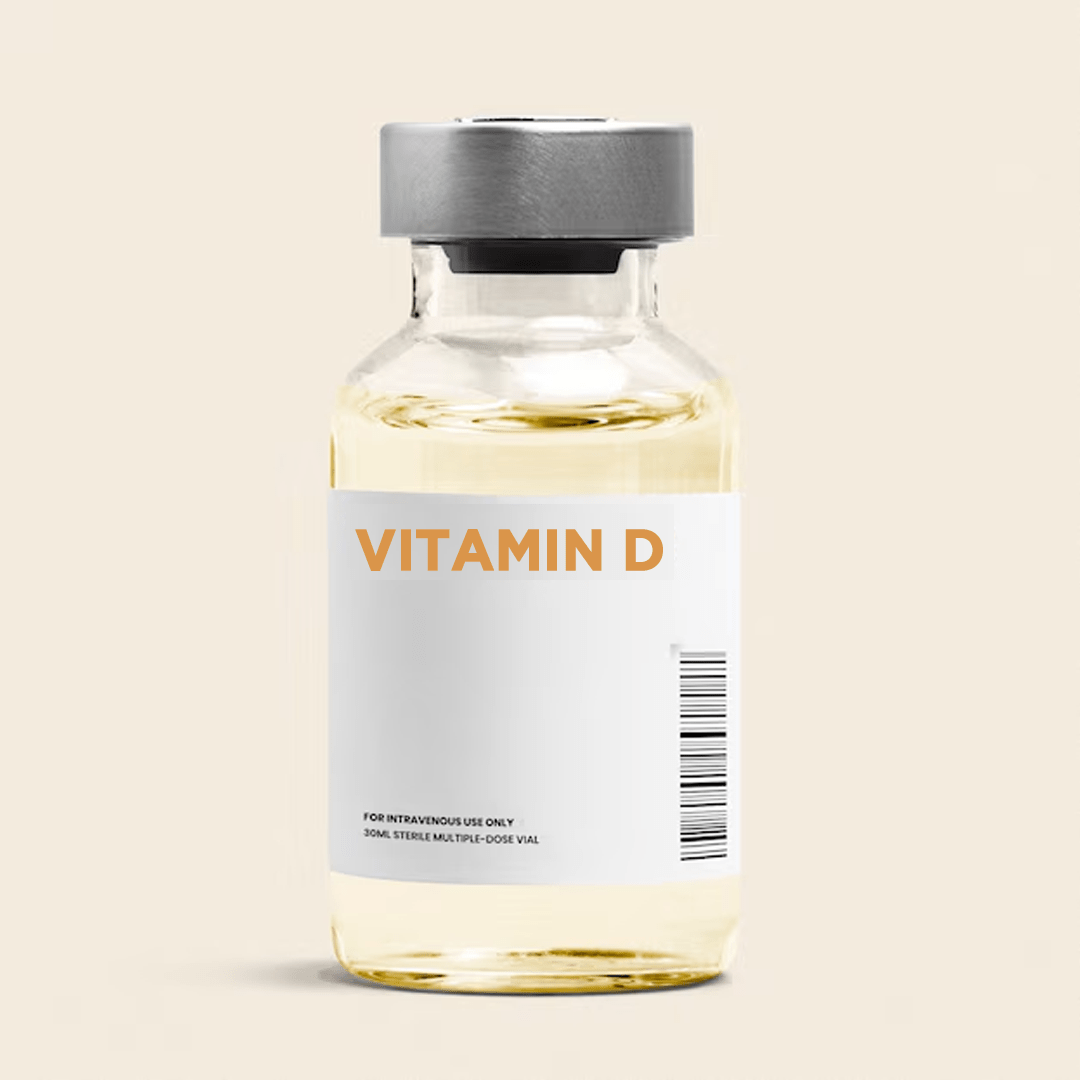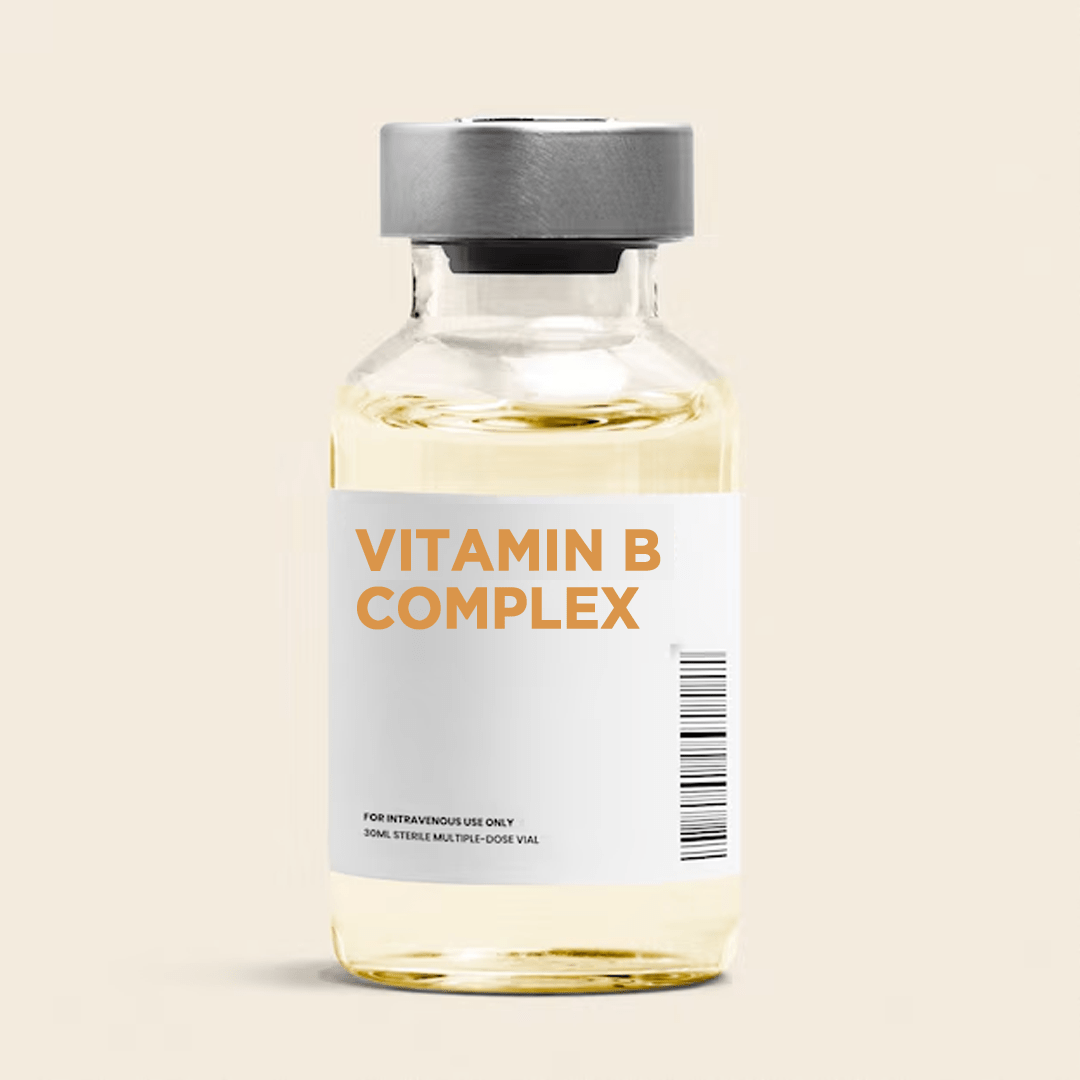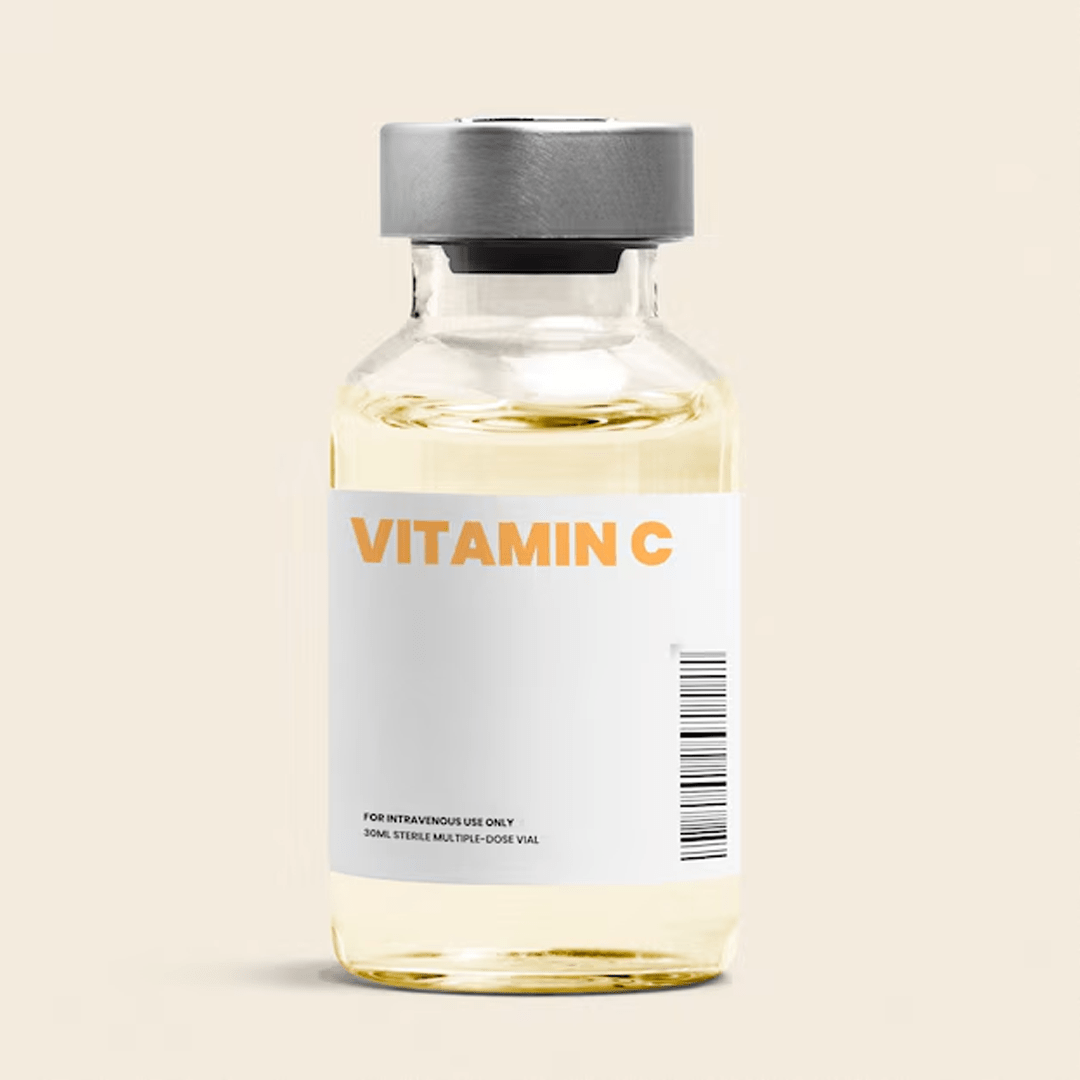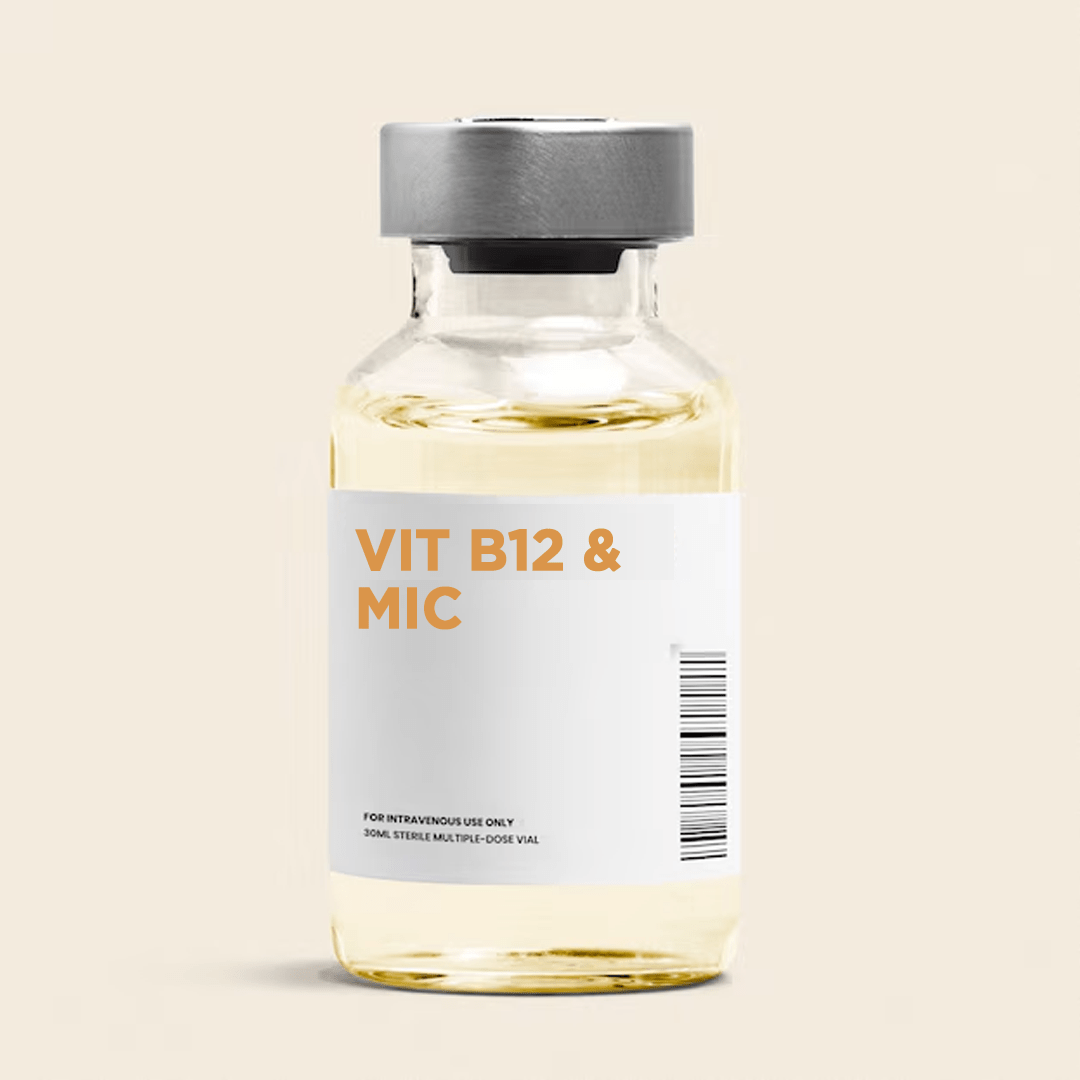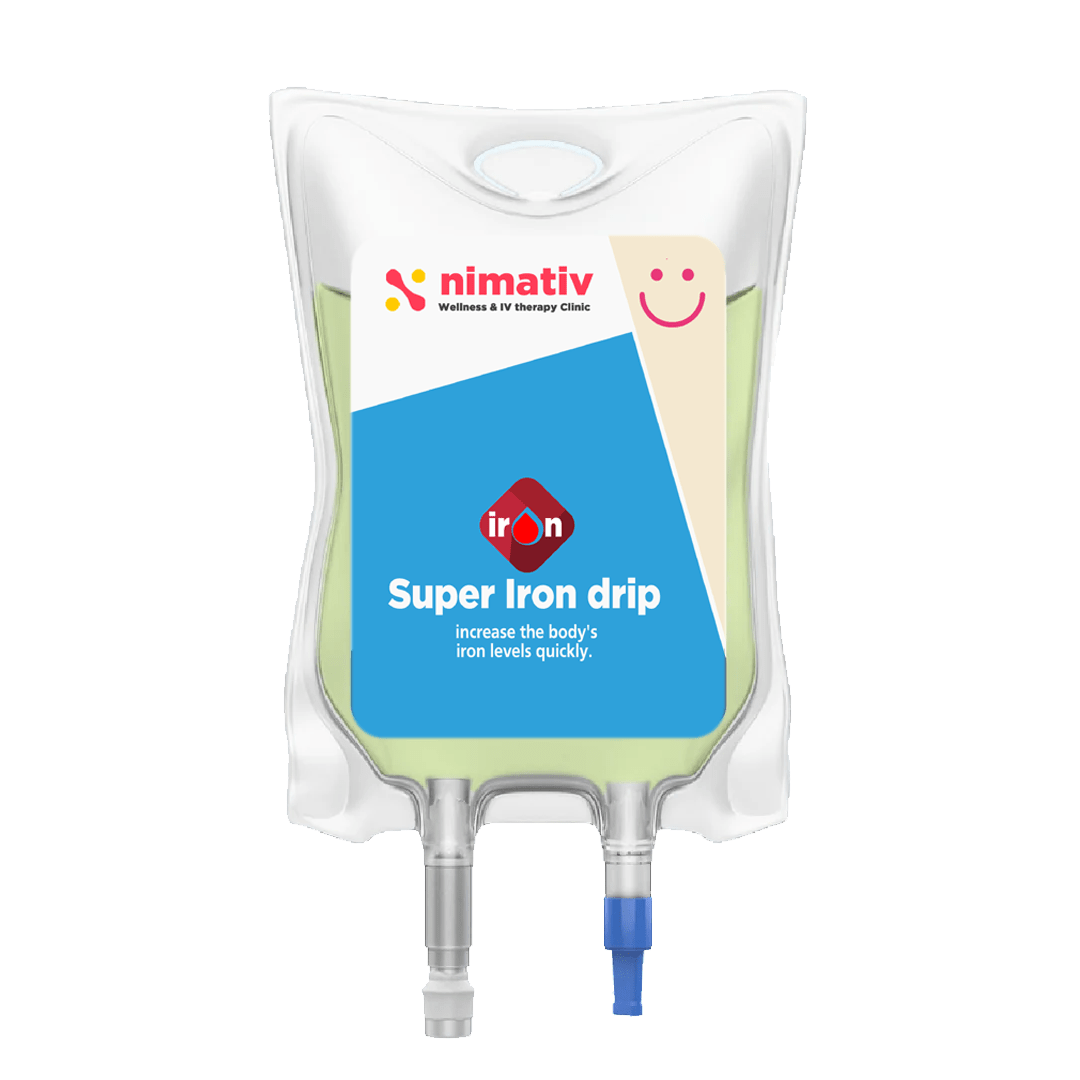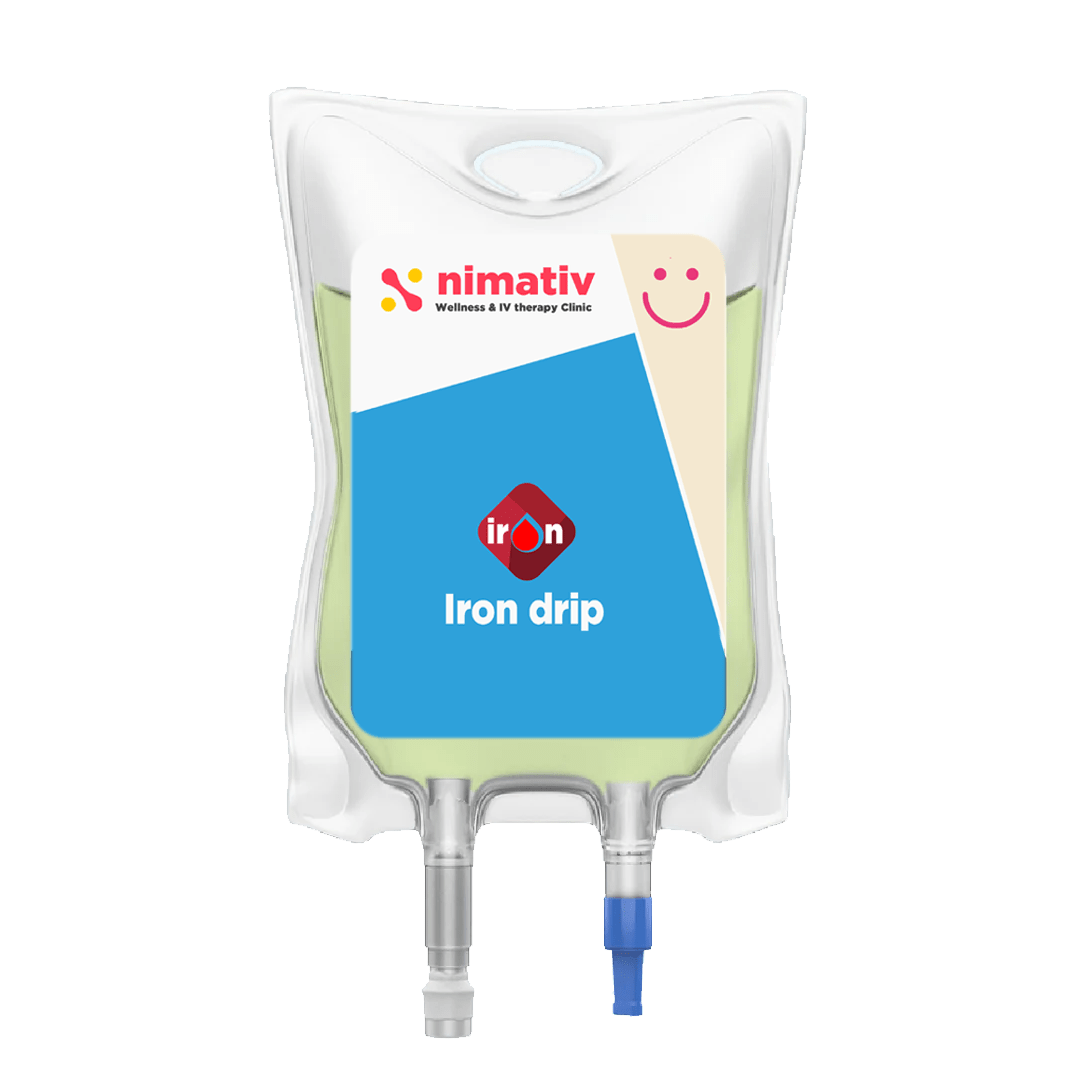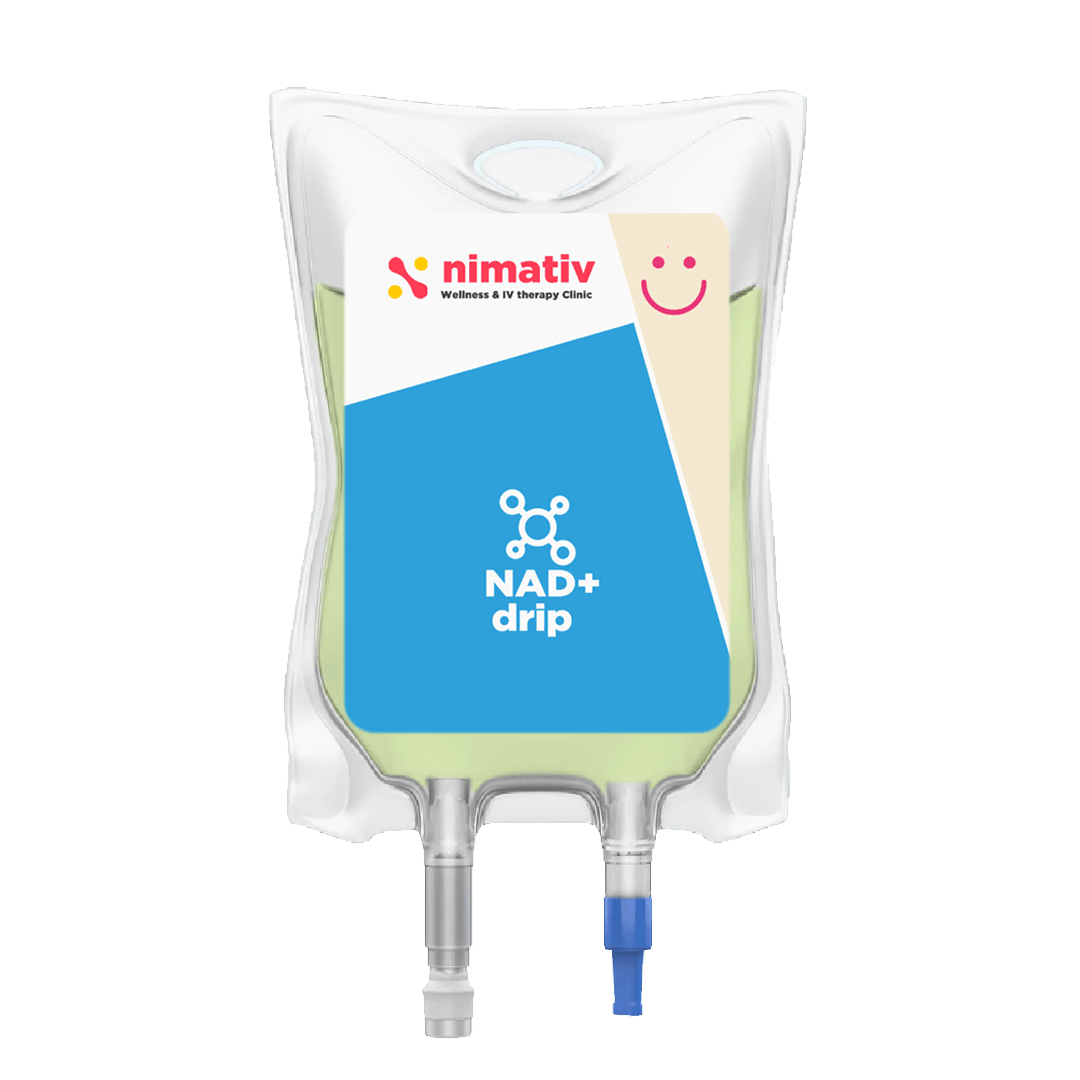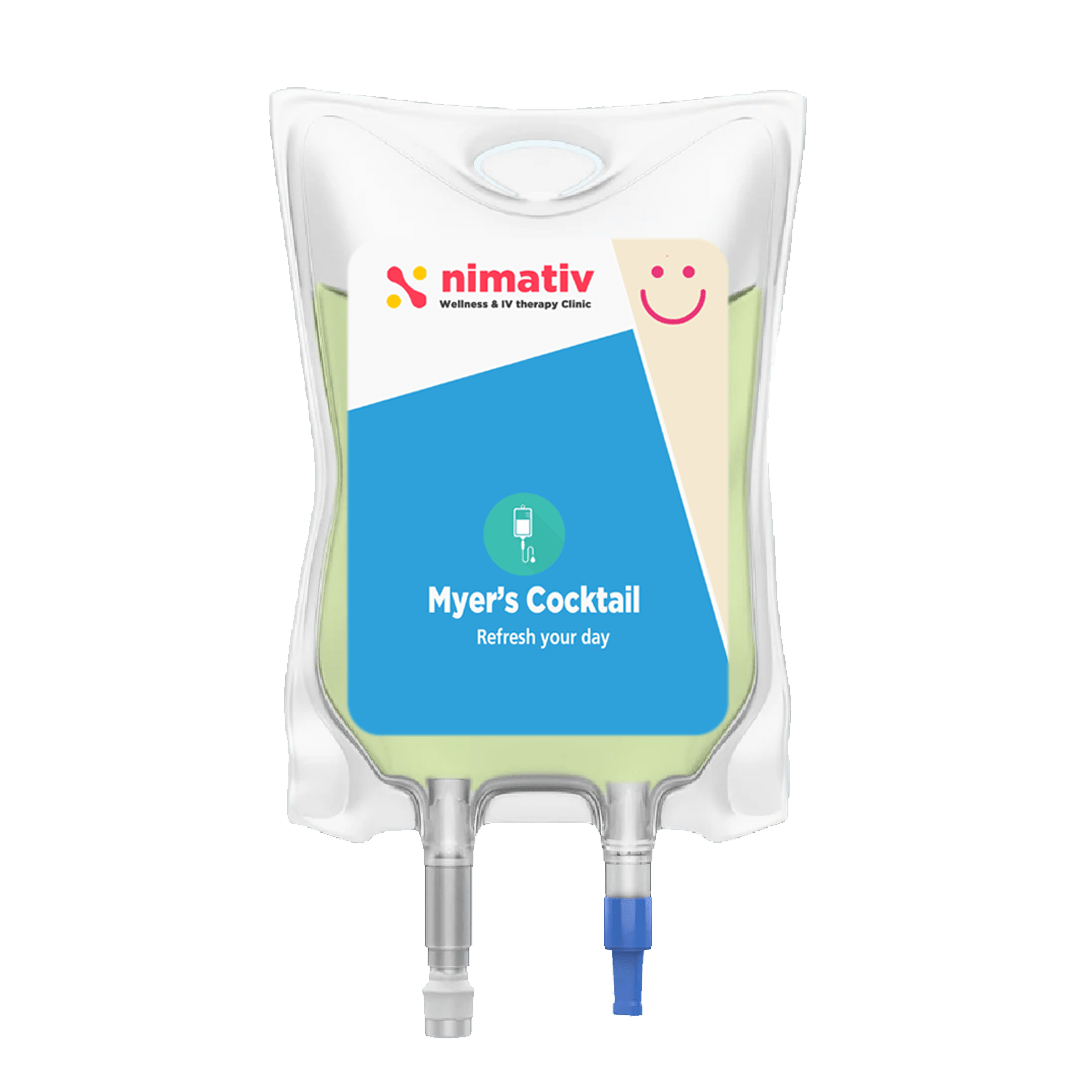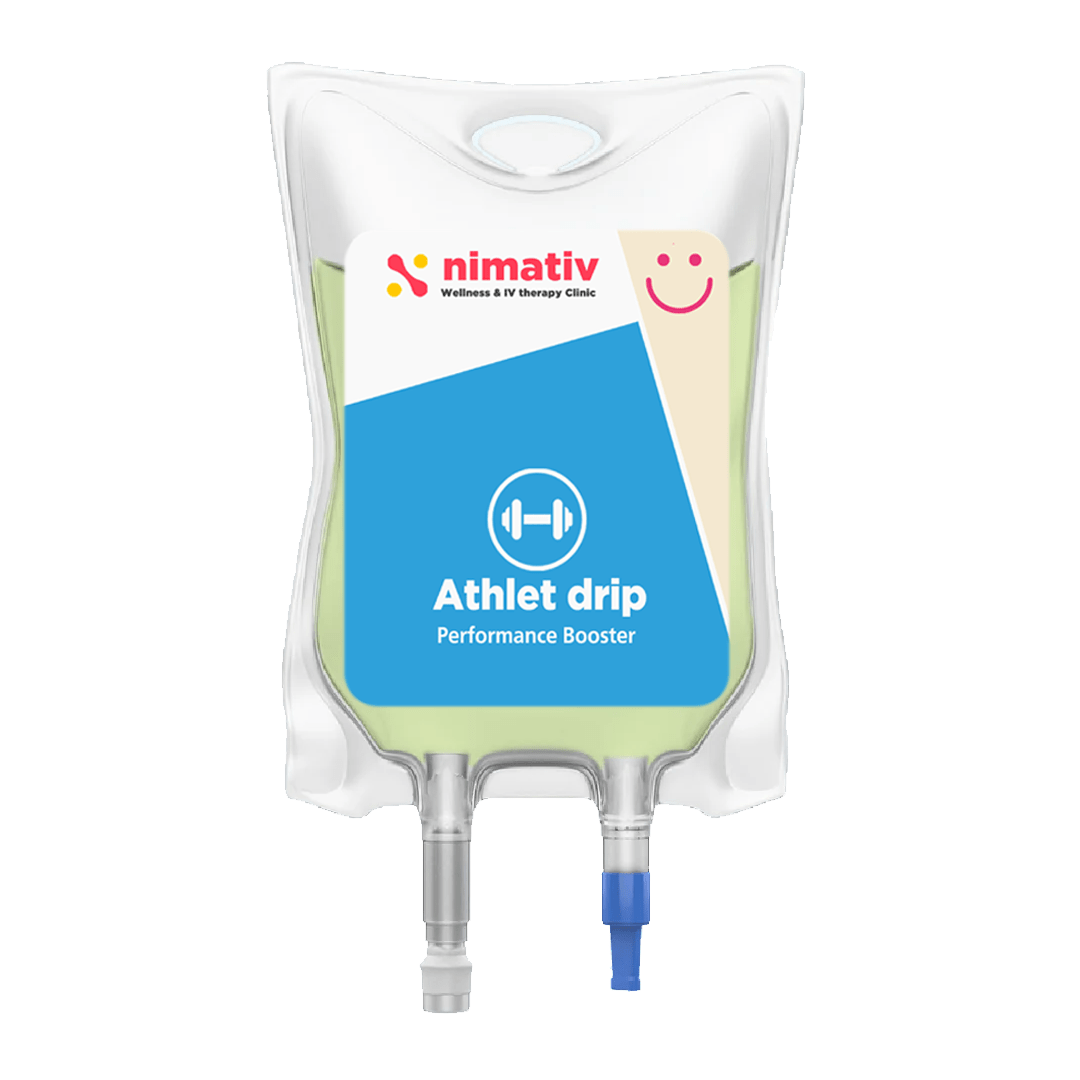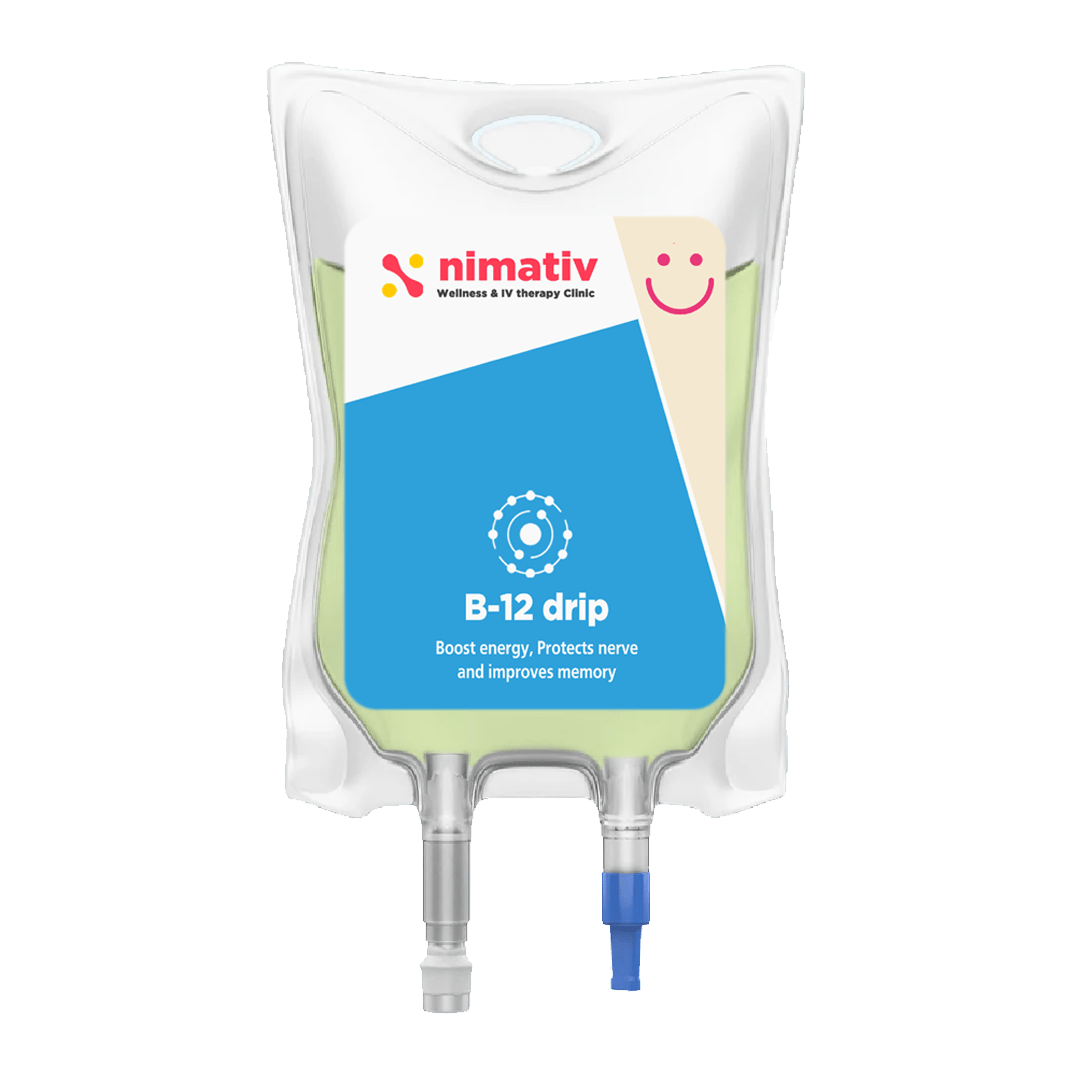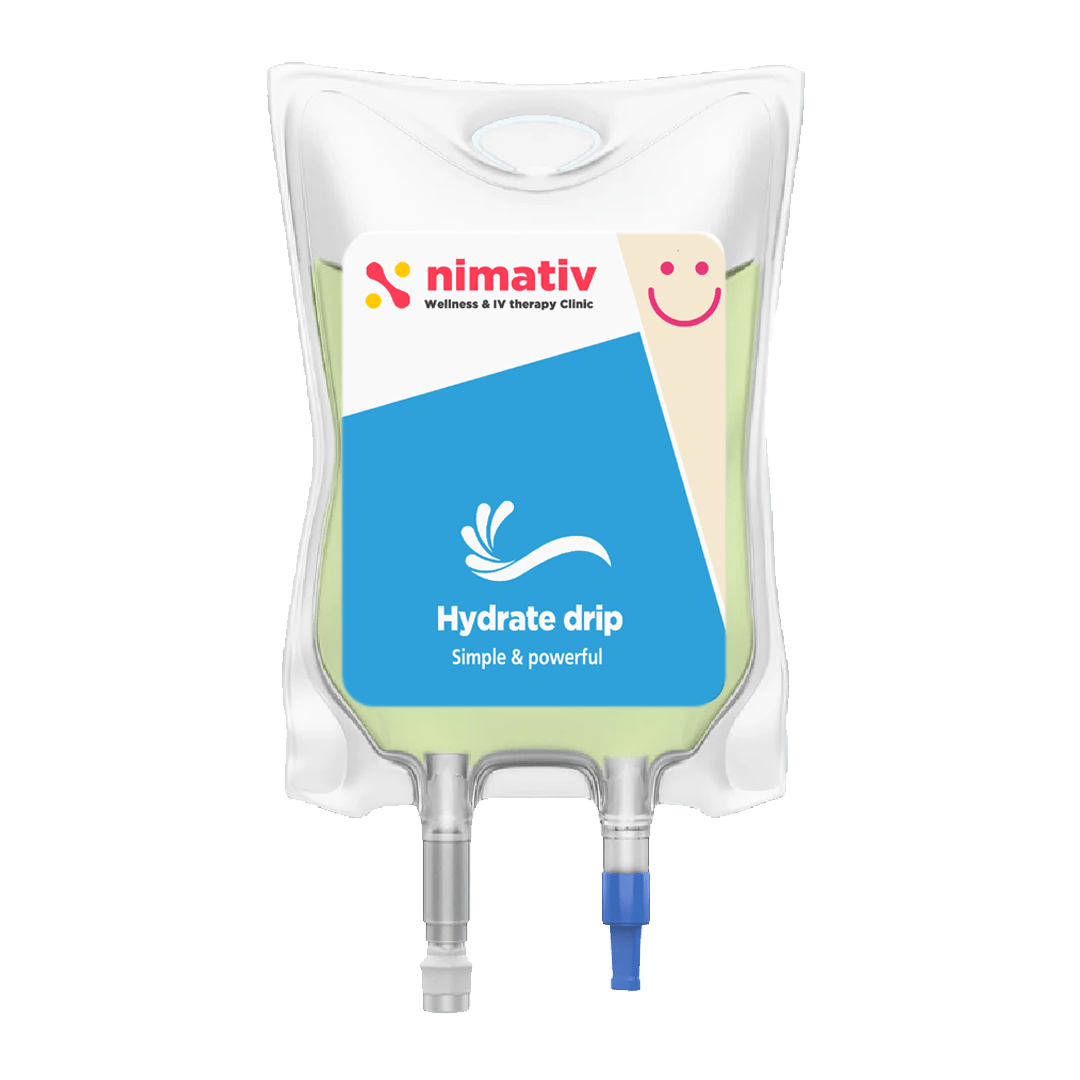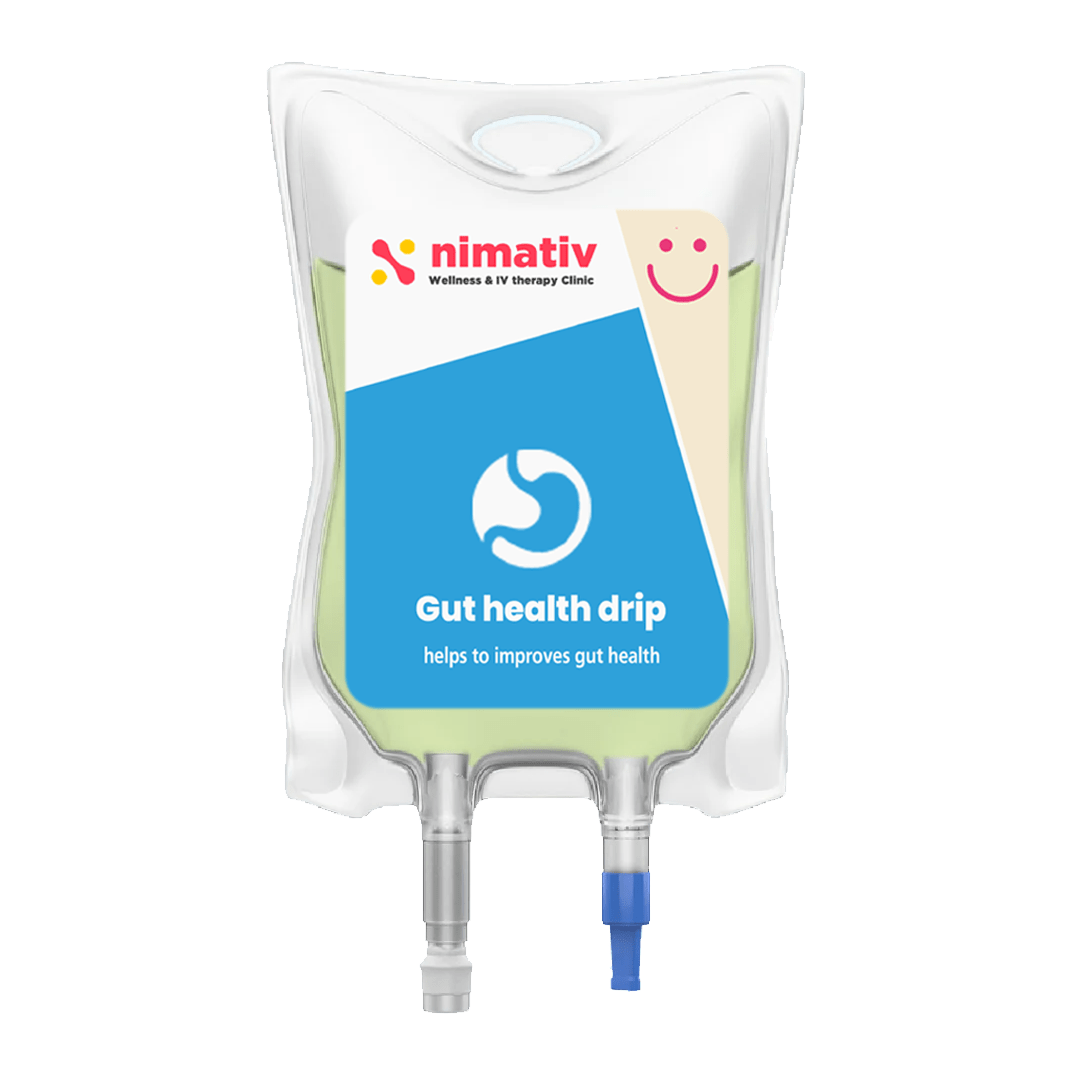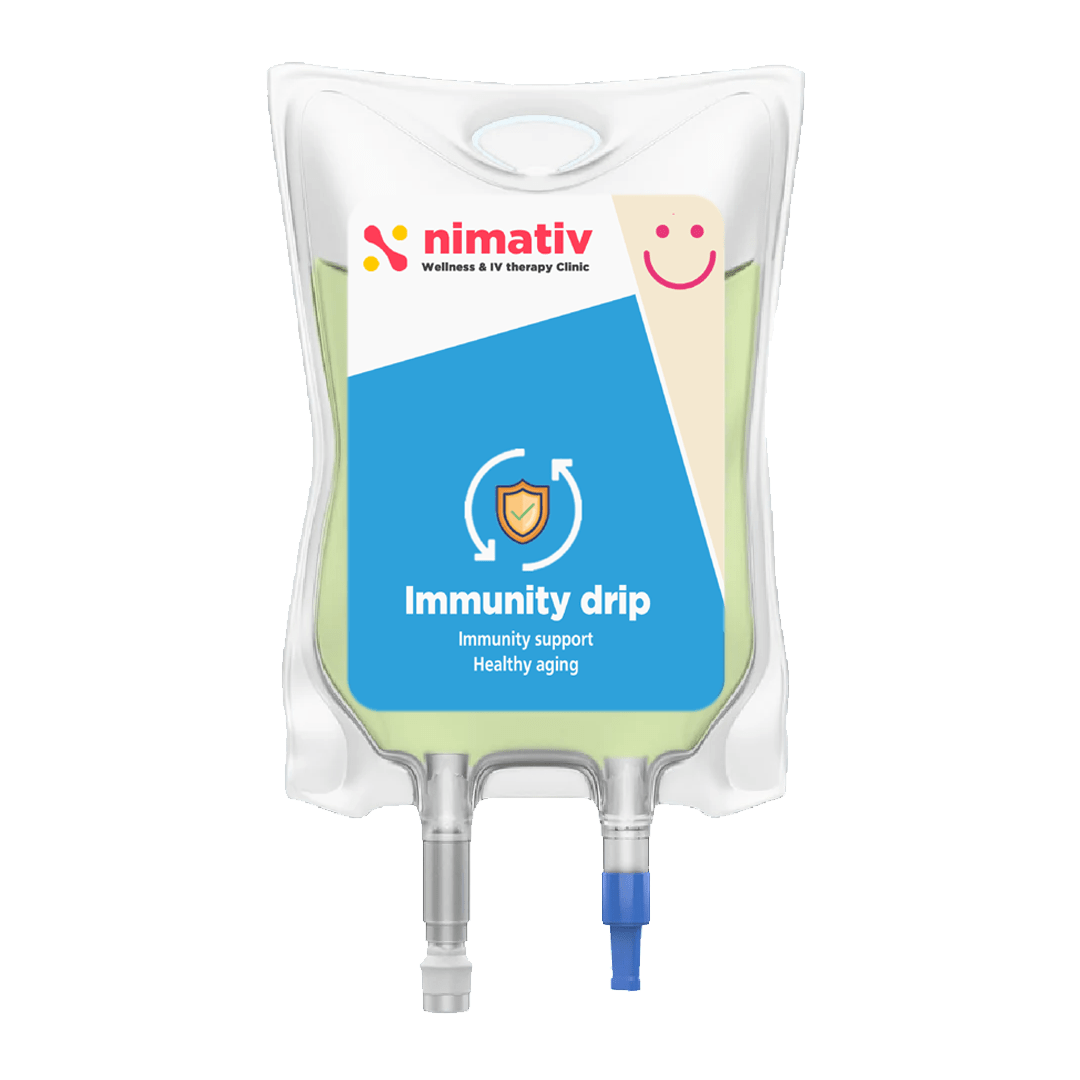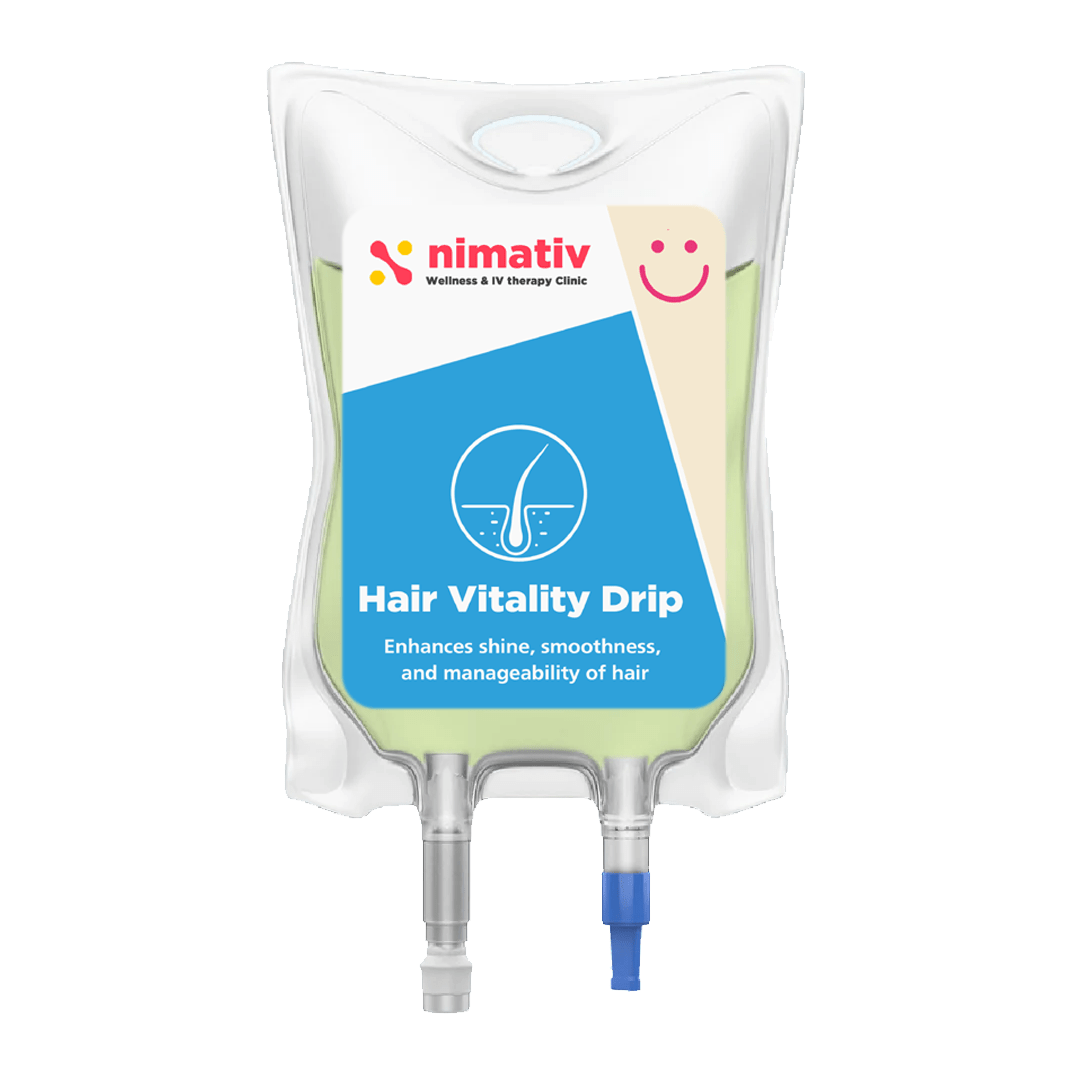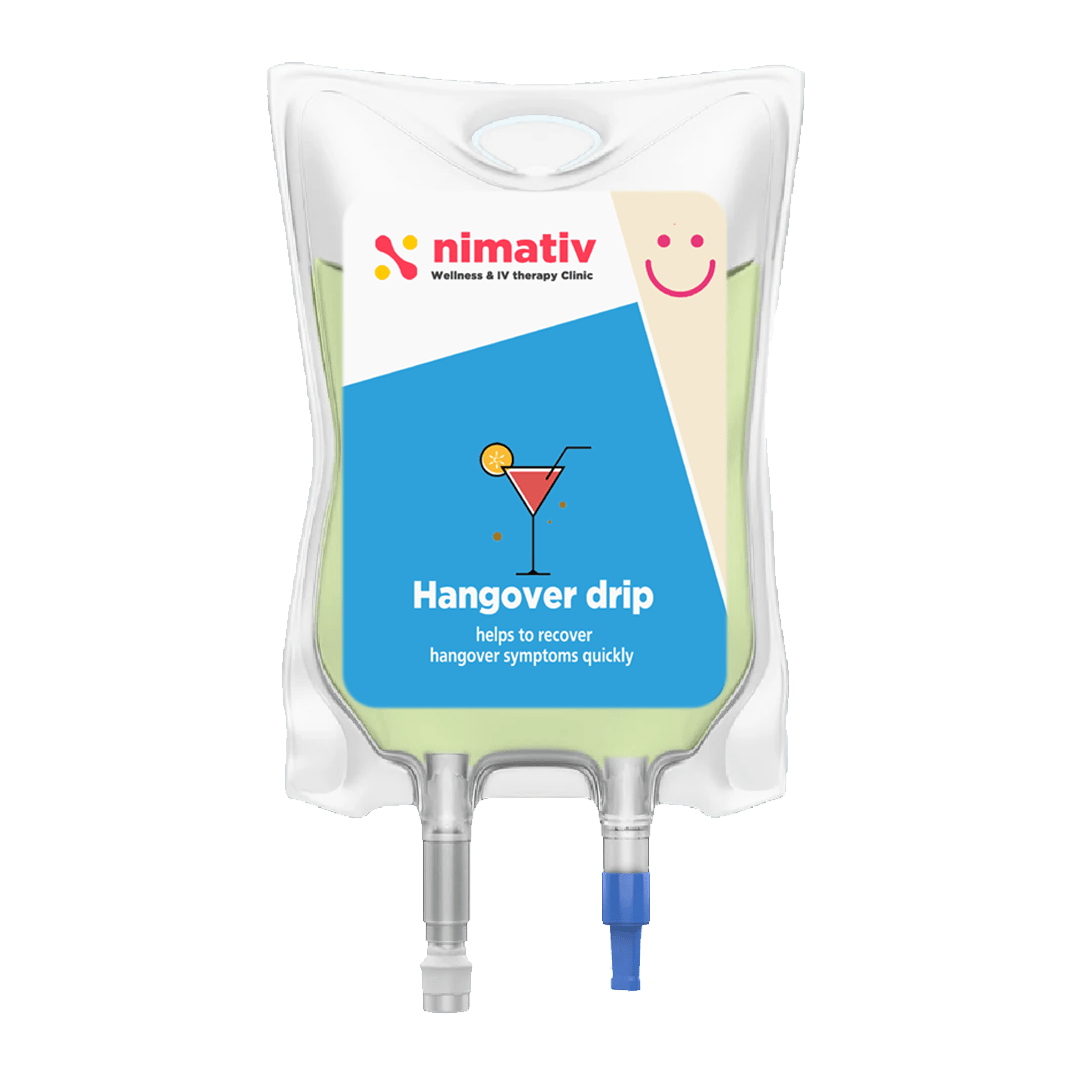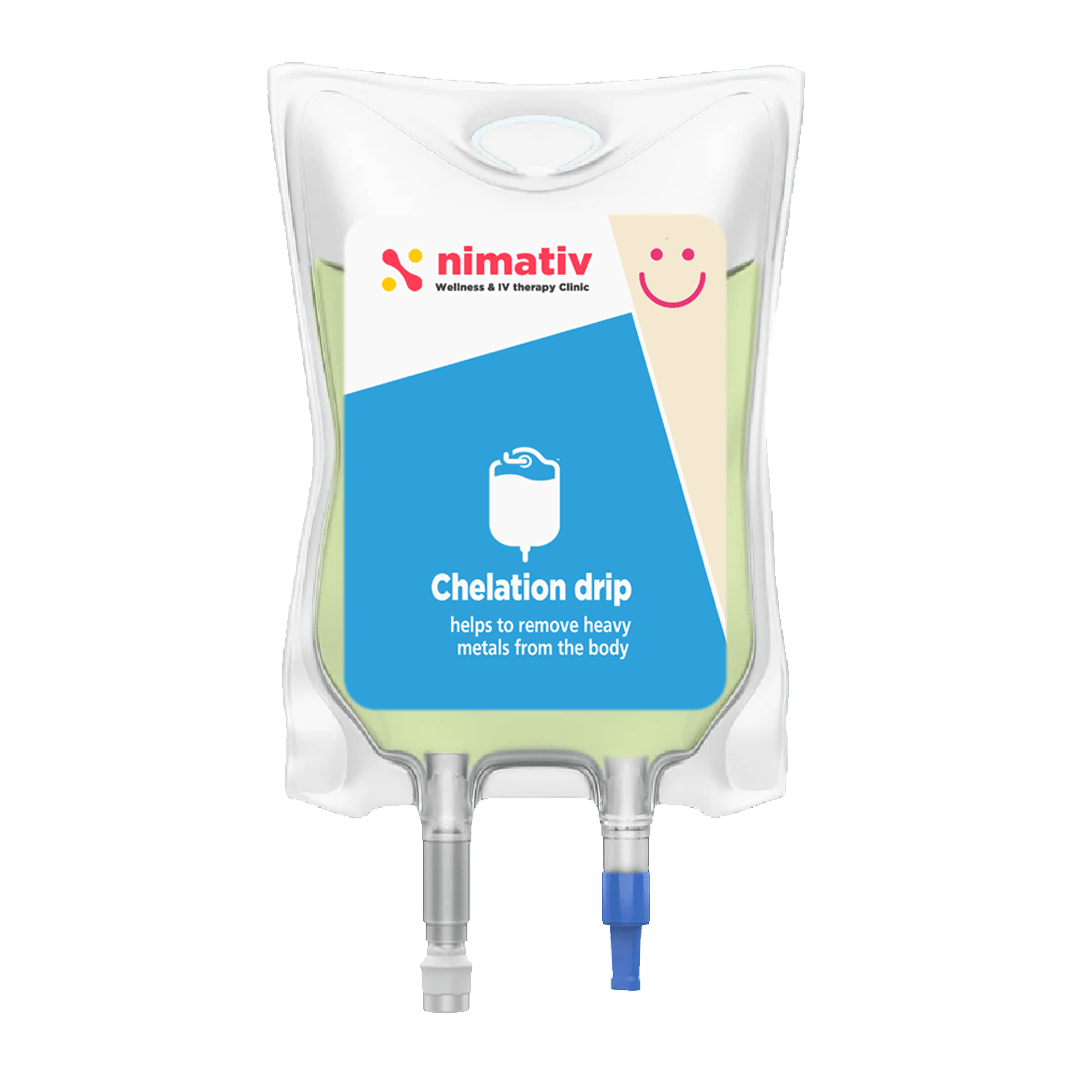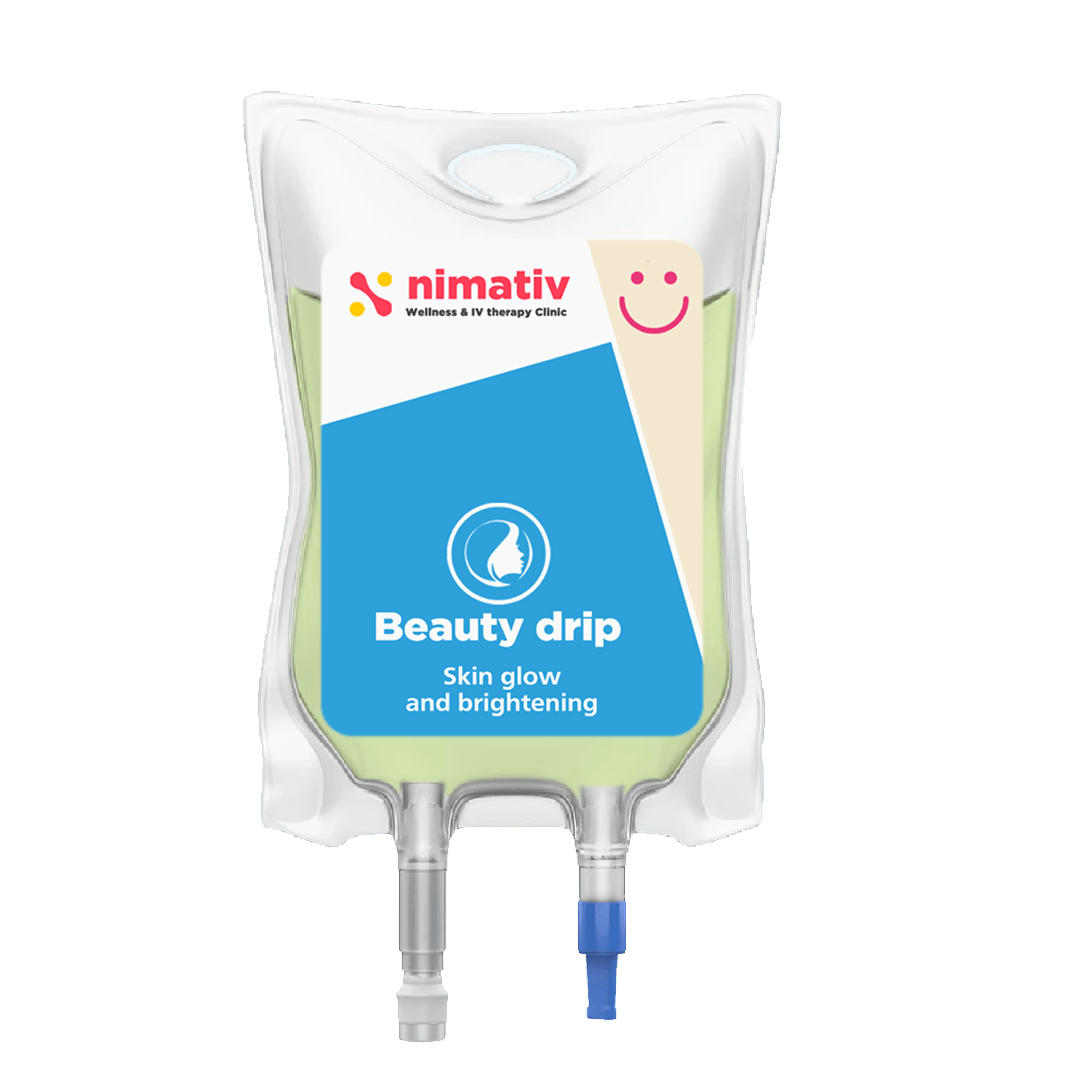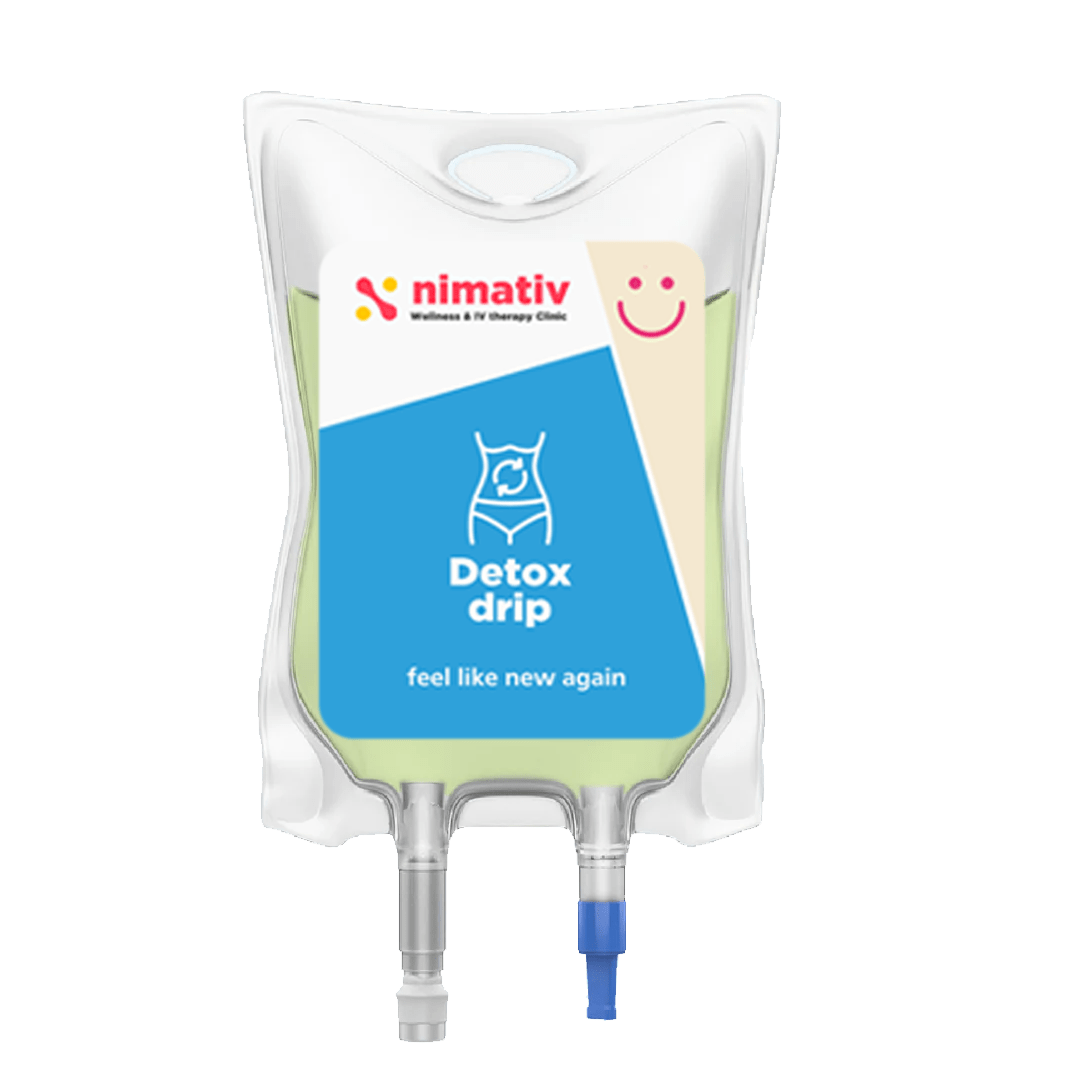Recent studies show that 75% of adults experience stress-related symptoms that interfere with their daily lives. This ongoing pressure doesn’t just impact our mood – it’s actually changing our brains.
The signs of stress-related cognitive decline often creep up slowly:
- Difficulty remembering appointments
- Trouble focusing on tasks
- Mental fog or confusion
- Slower processing of information
- Decreased clarity of thought
These symptoms can create a harmful cycle: cognitive difficulties lead to increased stress, which in turn worsens brain function. If left untreated, this pattern can develop into more serious memory problems.
But there’s hope. Medical professionals are seeing encouraging results with IV vitamin therapy – a treatment that delivers essential nutrients directly into the bloodstream to support brain health. This innovative approach bypasses digestive limitations, offering quick relief for stress-related cognitive symptoms.
Understanding how chronic stress affects your brain is the first step toward protecting your cognitive health. Let’s explore the connection between stress and memory loss, and discover ways to preserve your mental clarity.
Understanding the Connection Between Chronic Stress and Cognitive Decline
Your brain undergoes significant changes when exposed to chronic stress, creating a cascade of biological reactions that can impair cognitive function. These changes occur at both structural and chemical levels, affecting how your brain processes and stores information.
The Stress-Memory Connection
- Chronic stress triggers the release of cortisol, your body’s primary stress hormone
- Elevated cortisol levels can shrink the hippocampus – your brain’s memory center
- Persistent stress disrupts neural pathways essential for forming and retrieving memories
Oxidative Stress and Brain Health
Chronic stress generates excessive free radicals in your brain, leading to oxidative stress. This process:
- Damages brain cell membranes
- Disrupts neurotransmitter function
- Accelerates cellular aging
- Reduces your brain’s ability to form new neural connections
The Inflammation Factor
Stress-induced inflammation affects your cognitive function through:
- Disrupted blood flow to crucial brain regions
- Compromised blood-brain barrier function
- Impaired neural communication
- Reduced production of brain-derived neurotrophic factor (BDNF)
Sleep Disruption and Memory Processing
Chronic stress often disturbs your sleep patterns, which:
- Prevents proper memory consolidation during deep sleep
- Reduces your ability to focus and concentrate
- Impairs emotional regulation and decision-making
- Affects your brain’s natural repair processes
Mental Health Impact
The psychological effects of chronic stress create additional cognitive challenges:
- Increased anxiety can interfere with attention and concentration
- Depression may affect motivation and mental clarity
- Racing thoughts can disrupt information processing
- Emotional exhaustion can reduce cognitive resources
Your brain’s response to chronic stress involves complex interactions between physical and emotional factors. Understanding these connections helps identify effective intervention points for protecting your cognitive health.
Recognizing Stress-Related Memory Issues: Symptoms and Signs to Watch Out For
Stress-related memory issues have specific symptoms that can disrupt your daily life. By understanding these warning signs, you can identify when stress starts affecting your ability to think clearly.
Common Signs of Stress-Induced Memory Problems:
- Misplacing everyday items like keys or phones
- Forgetting important appointments or deadlines
- Difficulty remembering names of familiar people
- Struggling to recall recent conversations
- Losing track of time during routine activities
- Missing steps in familiar procedures
- Having trouble learning new information
Changes in Mental Processing:
- Reduced ability to focus during meetings or conversations
- Slower processing of written information
- Difficulty making decisions
- Mental blanks during important presentations
- Problems multitasking
- Decreased problem-solving abilities
Your stress-related symptoms can vary throughout the day and often become more noticeable during:
- High-pressure work situations
- Emotional conversations
- Late afternoon hours
- After prolonged screen time
- Following intense mental activities
- Periods of poor sleep
- Times of increased personal responsibilities
These cognitive challenges might feel more intense at certain times while appearing minimal at others. You might notice sharper thinking early in the morning but experience increased brain fog as the day goes on. Physical factors like hunger, dehydration, or lack of movement can make these symptoms worse, creating a cycle of stress and mental strain.
Stress-induced memory issues often create a pattern where trying to remember information increases anxiety, which then further impacts your ability to recall effectively. This self-reinforcing cycle can make symptoms seem random or unpredictable, but they usually follow specific triggers unique to your stress patterns.
Exploring Other Factors That Contribute to Brain Fog Beyond Stress Alone
Brain fog can be caused by several factors other than just chronic stress. Your cognitive health is influenced by a complex interplay of various bodily functions:
1. Nutrient Deficiencies
Insufficient levels of certain vitamins and minerals can negatively impact your brain health:
- Low vitamin B12 levels impair nerve function and mental clarity
- Magnesium deficiency disrupts sleep quality and anxiety regulation
- Iron deficiency reduces oxygen delivery to brain tissue
2. Hydration Status
Even mild dehydration can affect your brain’s performance. When you’re just 1% dehydrated, your brain’s functioning can decrease by up to 3%. This inadequate fluid intake can have an impact on:
- Mental processing speed
- Short-term memory formation
- Concentration abilities
3. Dietary Factors
What you eat plays a significant role in how well your brain functions. Poor nutritional choices can create a chain reaction that harms your cognitive abilities:
- High sugar intake triggers inflammation
- Processed foods lack essential brain nutrients
- Irregular eating patterns destabilize blood sugar
4. Additional Contributors
Several other factors can also contribute to brain fog:
- Hormonal imbalances
- Post-viral fatigue
- Chronic pain conditions
- Environmental toxins
- Sleep disruptions
These factors often interact with each other, intensifying their impact on your cognitive performance. To restore optimal brain function, it becomes crucial to address each of these components.
IV Vitamin Therapy: A Promising Solution for Memory Loss and Brain Fog
IV vitamin therapy has emerged as a powerful treatment option for individuals struggling with memory loss and brain fog. This innovative approach delivers essential nutrients directly into your bloodstream, bypassing the digestive system for maximum absorption and effectiveness.
How IV Therapy Works for Cognitive Health:
- Direct Delivery System: Nutrients reach your brain cells immediately through the bloodstream
- Higher Absorption Rates: Up to 90% absorption compared to 20-30% with oral supplements
- Rapid Results: Many patients report improved mental clarity within hours of treatment
The therapy combines specific vitamins, minerals, and amino acids in precise dosages tailored to combat cognitive decline. Your body receives these vital nutrients in their most bioavailable form, allowing for immediate utilization by brain cells starved of essential compounds.
IV vitamin drips work particularly well for stress-induced cognitive issues by:
- Replenishing depleted nutrient stores
- Supporting neurotransmitter production
- Reducing inflammation in brain tissue
- Enhancing cellular energy production
- Improving blood flow to the brain
This treatment stands out for its ability to address multiple contributing factors simultaneously. The concentrated dose of nutrients helps repair and protect brain cells while supporting optimal cognitive function. Many patients report sharper memory, improved focus, and reduced brain fog after starting regular IV therapy sessions.
Key Nutrients Delivered Through IV Therapy That Support Cognitive Restoration
IV vitamin therapy delivers specific nutrients directly into your bloodstream to support brain health and cognitive function. Here are the essential nutrients included in these treatments:
1. Vitamin B12 (Cobalamin)
- Supports myelin sheath formation around nerve cells
- Enhances neurotransmitter production
- Reduces brain inflammation
- Boosts energy metabolism in brain cells
- Helps maintain healthy nerve function
2. Magnesium
- Regulates neurotransmitter signaling
- Reduces anxiety symptoms
- Promotes deeper, more restorative sleep
- Supports brain plasticity
- Helps maintain healthy blood flow to the brain
3. Additional Key Nutrients
- Vitamin C: Acts as a powerful antioxidant, protecting brain cells from oxidative stress
- Glutathione: Supports detoxification and reduces brain inflammation
- B-Complex Vitamins: Aid in energy production and neurotransmitter synthesis
- Zinc: Supports immune function and cognitive processing
- Alpha-Lipoic Acid: Crosses the blood-brain barrier to protect neurons
The combination of these nutrients creates a synergistic effect, enhancing their individual benefits. Your healthcare provider can customize the nutrient blend based on your specific symptoms and needs. These IV formulations are designed to achieve optimal concentrations in your bloodstream, ensuring maximum absorption and effectiveness for cognitive support.
Who Can Benefit from IV Vitamin Therapy? Target Groups to Consider
IV vitamin therapy offers targeted support for specific groups experiencing cognitive challenges. Here’s who can benefit most from this treatment:
1. High-Performance Professionals
- Executives and entrepreneurs managing complex decisions
- Medical professionals working long shifts
- Tech industry workers facing intense mental demands
- Lawyers and consultants under deadline pressure
2. Recovery-Focused Individuals
- Post-illness recovery patients
- Athletes in intensive training periods
- People with chronic fatigue syndrome
- Individuals dealing with post-viral symptoms
3. Mental Performance Optimization
- Students during exam periods
- Public speakers and performers
- Creative professionals requiring peak mental clarity
- Remote workers battling screen fatigue
4. Stress-Related Conditions
- People experiencing burnout symptoms
- Individuals with sleep disruptions
- Those dealing with anxiety-induced brain fog
- Professionals in high-stress industries
The treatment proves particularly effective for people aged 25-55 who maintain demanding schedules and notice declining cognitive performance. Many patients report improved mental clarity within 2-3 sessions, making it a practical solution for those seeking rapid cognitive enhancement.
IV therapy benefits extend to individuals with nutrient absorption issues or those following restricted diets. The direct-to-bloodstream delivery method ensures optimal nutrient uptake, bypassing digestive limitations that might affect supplement effectiveness.
Practical Considerations for Accessing IV Therapy in India (Including Bangalore)
IV vitamin therapy has gained significant traction in India’s wellness landscape, with numerous clinics offering these services across major metropolitan areas. Bangalore, known for its health-conscious population, hosts several specialized wellness centers providing IV drips.
Finding a Reputable Provider
- Look for clinics with licensed medical professionals
- Check for proper certifications and sterilization protocols
- Read patient reviews and testimonials
- Verify the clinic’s experience with IV therapy treatments
Cost Considerations
- Single sessions range from ₹2,500 to ₹15,000
- Package deals offer better value for regular treatments
- Insurance typically doesn’t cover these treatments
- Some clinics provide flexible payment options
Treatment Logistics
- Sessions last 30-60 minutes
- Most clinics require advance appointments
- Initial consultation includes medical history review
- Blood tests might be necessary before treatment
Safety Standards
- Leading clinics maintain sterile environments
- Use medical-grade equipment and supplies
- Follow strict protocols for vitamin storage
- Employ trained medical staff for administration
The growing demand for IV therapy in Bangalore has led to increased accessibility, with many clinics offering extended hours and weekend appointments. Urban areas like Indiranagar, Koramangala, and HSR Layout house multiple wellness centers specializing in IV vitamin treatments.
Complementary Strategies to Enhance Cognitive Recovery Alongside IV Therapy
Your IV therapy results can improve significantly when paired with specific lifestyle adjustments. Here’s what you need to focus on:
Optimal Hydration Practices
- Drink 8-10 glasses of water daily
- Track your water intake using smartphone apps
- Set hourly reminders to maintain consistent hydration
- Choose electrolyte-rich beverages during intense activities
Brain-Boosting Dietary Changes
- Add omega-3 rich foods like salmon, walnuts, and chia seeds
- Include antioxidant-packed berries and dark leafy greens
- Reduce processed foods and refined sugars
- Incorporate turmeric and ginger for their anti-inflammatory properties
Strategic Nutrient Timing
- Eat protein-rich foods within 2 hours of IV therapy
- Space meals 3-4 hours apart for optimal nutrient absorption
- Consider a light meal before treatment sessions
- Plan nutrient-dense snacks between main meals
Lifestyle Adjustments
- Practice stress-reducing activities like yoga or meditation
- Maintain a consistent sleep schedule
- Take short walks during work breaks
- Create a quiet space for mental recovery
These practices support your body’s natural healing mechanisms while maximizing the benefits of IV therapy. Your healthcare provider can help customize these recommendations based on your specific needs and treatment goals.
Remember to monitor your body’s response to these changes and adjust accordingly. Some people notice improvements within days, while others might need several weeks to experience significant changes in their cognitive function.
Conclusion
Chronic stress-induced memory loss and brain fog can significantly impact your quality of life. The good news? You don’t have to accept cognitive decline as inevitable.
Take action now by:
- Recognizing early warning signs of stress-related memory issues
- Getting professional assessment of your nutrient levels
- Exploring IV vitamin therapy as a proactive treatment option
- Implementing lifestyle changes that support brain health
Your cognitive health deserves immediate attention. Each day you delay addressing these symptoms, you risk further deterioration of your memory and mental clarity.
IV vitamin therapy, combined with functional medicine approaches, offers a science-backed solution to restore your cognitive function. This targeted treatment delivers essential nutrients directly to your cells, helping repair and protect your brain from stress-induced damage.
Don’t wait until simple tasks become overwhelming challenges. Book a consultation with a qualified healthcare provider to assess your symptoms and develop a personalized treatment plan. Your future self will thank you for taking this crucial step toward preserving your mental sharpness and emotional well-being.
Ready to reclaim your mental clarity? Contact our specialists today to learn how IV vitamin therapy can help restore your cognitive health.
FAQs (Frequently Asked Questions)
How does chronic stress contribute to memory loss and brain fog?
Chronic stress triggers neurophysiological changes in the brain, leading to oxidative stress, inflammation, and sleep disruption. These factors impair cognitive functions such as memory and attention, resulting in symptoms like forgetfulness and brain fog.
What are the common symptoms of stress-related cognitive decline?
Common symptoms include forgetfulness, difficulty concentrating, brain fog, fluctuating attention problems, and mental fatigue. These symptoms can vary in intensity throughout the day or in response to different stressors.
Can factors other than chronic stress cause brain fog?
Yes, besides chronic stress, factors like vitamin deficiencies, dehydration, and poor diet can exacerbate brain fog and cognitive decline. Addressing these elements is crucial for comprehensive cognitive health management.
What is IV vitamin therapy and how can it help with memory loss?
IV vitamin therapy involves delivering essential vitamins and minerals directly into the bloodstream to support brain health. Nutrients like Vitamin B12 and magnesium administered through IV drips can help restore nerve function, improve sleep quality, reduce anxiety, and potentially reverse cognitive decline caused by stress and nutrient deficiencies.
Who can benefit most from IV vitamin therapy for cognitive health?
Busy professionals experiencing high levels of chronic stress, individuals recovering from chronic fatigue or prolonged illness, and those suffering from nutrient deficiencies or persistent brain fog may find IV vitamin therapy particularly beneficial for restoring cognitive function.
Are IV vitamin therapy centers available in India, specifically Bangalore?
Yes, IV vitamin therapy has gained popularity in India with many centers offering treatments in Bangalore and across the country. These clinics provide specialized IV drips tailored to improve brain health and combat stress-related memory issues.









